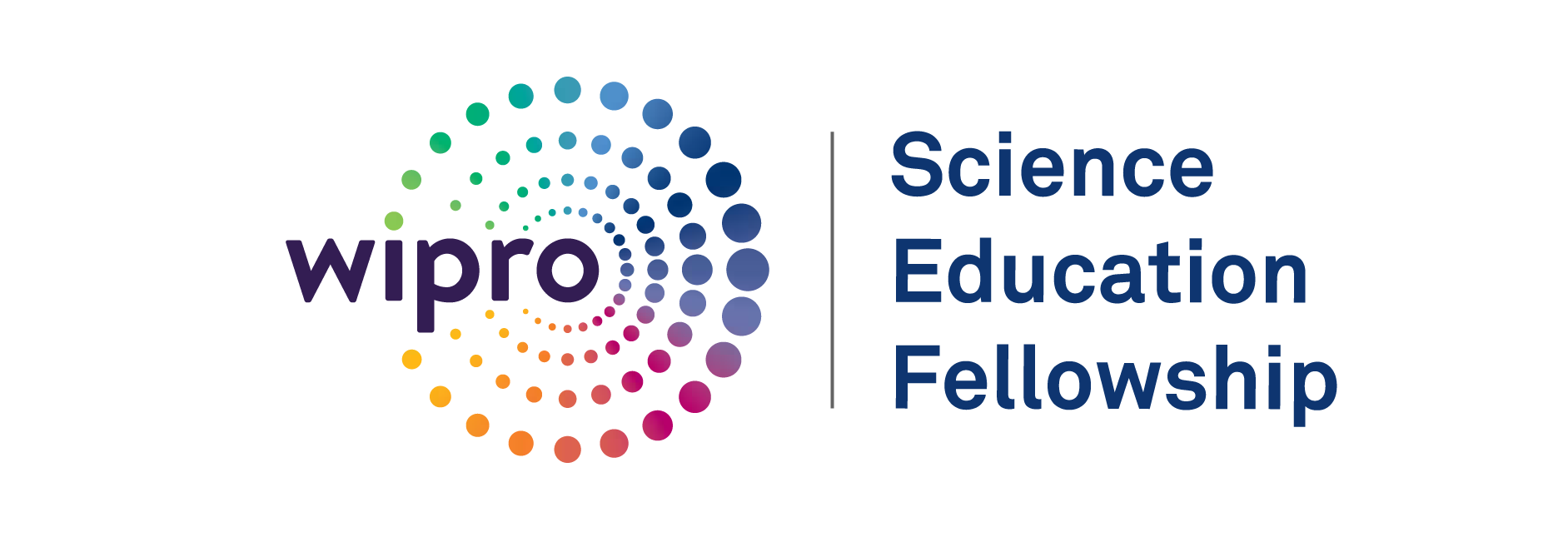Wipro Science Education Fellowship (SEF)

With financial support from Wipro in 2012, the University of Massachusetts Boston’s Center of Science and Mathematics in Context (COSMIC) launched an initiative to prepare teacher leaders in partnering school districts. The Wipro Science Education Fellowship program now includes seven universities and 35 school districts.
Since its inception, a major goal of the Wipro Science Education Fellowship is to develop a cadre of teacher leaders in each partnering district who deepen their practice and lead from their classrooms. As the program has remained active in each state’s partner districts for four or more years, a new goal has arisen: district transformation through teacher leadership.
Wipro has provided $18MM in funding from 2012-2025 to support this work and has impacted seven universities, 35 school districts, 450 Fellows (teachers who lead without leaving the classroom), 1600 teachers, and 750,000 students.
Wipro SEF Program Overview
The Wipro Science Education Fellowship (SEF) has two major components. The Wipro SEF Classic is a four-year STEM district transformation program. Cohorts of K-12 teachers participate in a rolling two-year professional development experience designed to improve individual teacher practice, foster teacher leadership opportunities, and create a district corps of teacher leaders. Professional development for fellows is led by a university in partnership with the local school district. After completing the Wipro SEF Classic, universities work with the Fellows and District Science Coordinators during the Innovation Phase. This component uses the talents and energies of past participants in unique ways to support school district transformation through teacher leadership.
Year One: Thinking About Teaching
Monthly Fellows Meetings
Fellows from approximately five different school districts gather once a month at the host university to engage in professional development in the areas of instruction, reflective practice, adult learning, and leadership.
Collaborative Coaching and Learning of Science (CCLS) groups
Fellows engage in research-based, structured inquiry into their own teaching and growth. Fellows meet in CCLS teams to share videos of themselves teaching in their classroom as well as sharing student work to learn from each other, to reflect on science content and pedagogy, and to improve their teaching of science. These small professional learning communities determine their own schedules, courses of study, and the lessons they will all be videotaping and observing with support and guidance from their university partner.
Year Two: Implementing the Individualized Growth Plan System (GPS)
Each fellow develops and carries out an individualized growth plan that has a clear vision and identifiable benchmarks. The 100-hour plan focuses on ways to improve the teacher’s own instruction and leadership and is developed in collaboration with a university advisor, the district science coordinator and the fellow’s principal. The yearlong project includes the fellow leading professional development for other teachers in their school district and culminates with a report and presentation of a poster at the end of year conference.
A District Corps of Teacher Leaders
Over a rollout of three successive cohorts of fellows, each participating school district will have as many as 12 fellows who have participated in the extensive 2-year Wipro SEF program. These fellows serve as a leadership group for district science and engineering initiatives. This critical mass of teacher leaders sets the stage for district transformation.
Phase II and Phase III – Innovation Phase
After Fellows complete the two-year “foundation” program, District science coordinators work with their University partners in exploring ways in which to build on the Fellows experiences, projects and leadership skills in order to support district transformation. Through various and varied initiatives, Fellows engage with other teachers in their districts. Simultaneously, administrators are made more aware of the resources that the Wipro SEF program has seeded in their schools and districts. This phase of funding is also intended to encourage district incentives to support future work that will continue after this Wipro external funding concludes.
Learn more about the program or to become a Wipro Science Educator Fellow